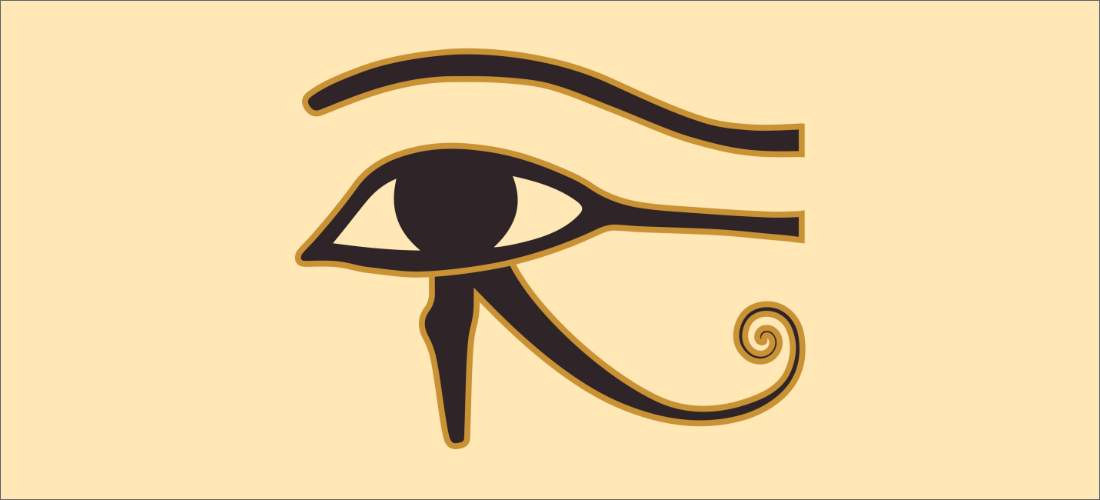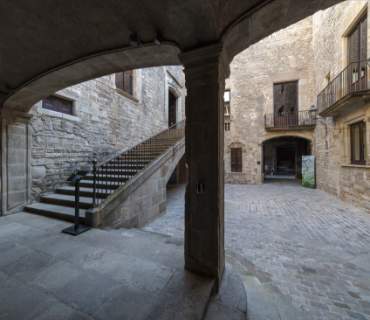
Ancient Egypt has always aroused great curiosity. The reason probably lies in the grandiloquence of its pyramids and temples, the writing of mysterious appearance and the funeral rites that seem to conceal esoteric secrets. Admiration for Ancient Egypt became fascination because of Greek intellectuals, a fascination that was later inherited by Ancient Rome and still later by all western culture. The Greeks considered the land of the Pharaohs to be the cradle of civilisation, a vision that contrasts with that of the Bible and Christian tradition, which identifies it with slavery and despotic governance.
In modern times, the West adopted this idealised Greek perspective and −under the powerful influence of exoticism and nostalgia for its supposed origins− fostered a certain perspective of otherness, in order to establish stereotypes portraying them as “different” and justifying the West's dominion over them.
This fascination for Ancient Egypt, which we still retain, has its origins in 18th-century Egyptomania, and the Romantics’ legend of the “lost civilisation”, which at the end of the 19th century gave rise to Egyptian Revival. At the beginning of the 20th century, under the aesthetic appearance of Art Deco, it became popular culture.
Rate this exhibition
Your opinion is very important to us in order to improve and work to give you interesting topics to discover.
Add it to favorites
Save all the content you are interested in to your profile for easy access whenever you want

Montcada Venue
Opening times:
Tuesday to Saturday, 10 am to 7 pm
Sundays and public holidays, 10 am to 8 pm
Closed on Mondays (except public holidays)
Other exhibitions that may be of interest of you